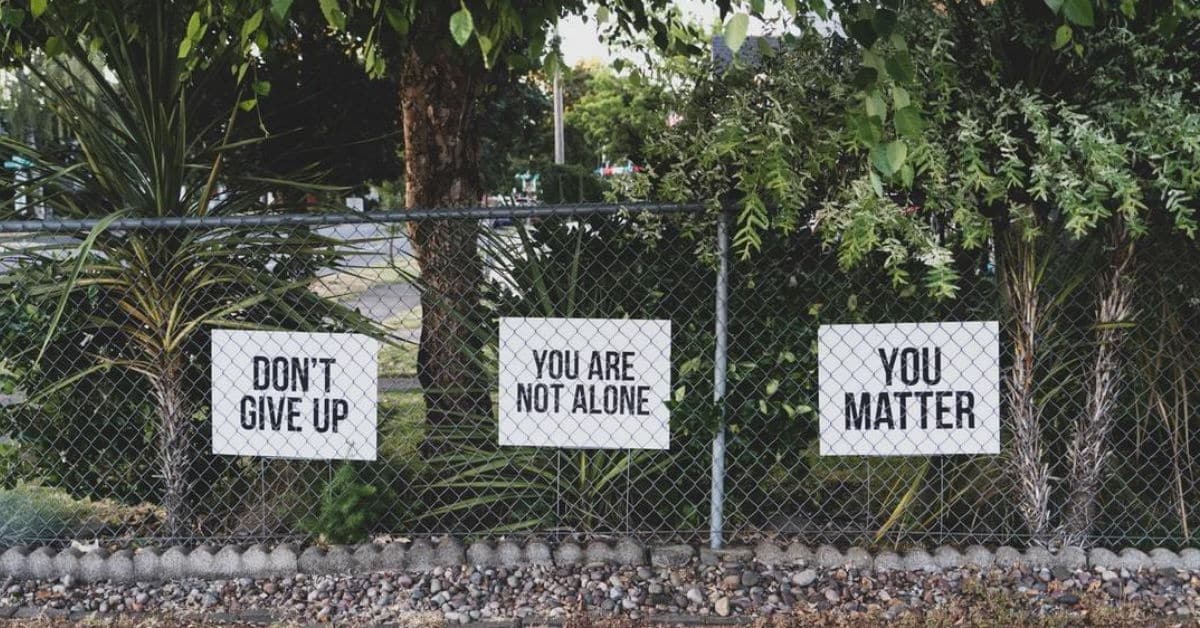Sometimes you just need to laugh
This is the glass door I ran into on my first morning in a new office. Five minutes after I arrived. And I had to laugh at myself! “Way to go brainiac. Good thing no one was watching that one.” Then I giggled.
Messing up, making mistakes, looking stupid in front of others – these are things that often cause people to put up walls around themselves as a means of self preservation. No one wants other people to look at them and roll their eyes. No one wants to be “that person.” Unfortunately, the need to self preserve hinders a team’s ability to be transparent, take risks, and share ideas openly.
As a scrum master or coach we need to be aware of the human nature that says, “protect yourself,” and help develop a culture of safety so team members can learn to trust one another and bring out the best in one another. Part of the scrum master’s role is to help the team have the best communications possible. Safe discussions in a team happen when everyone’s ideas are valued and respected. Great ideas come forth when no single idea has to be the winner. Instead of allowing people to fight for their position like there is a trophy at stake, teach them how each person can contribute to the ideas of the others and build the best solution for the problem at hand so everyone can win.









